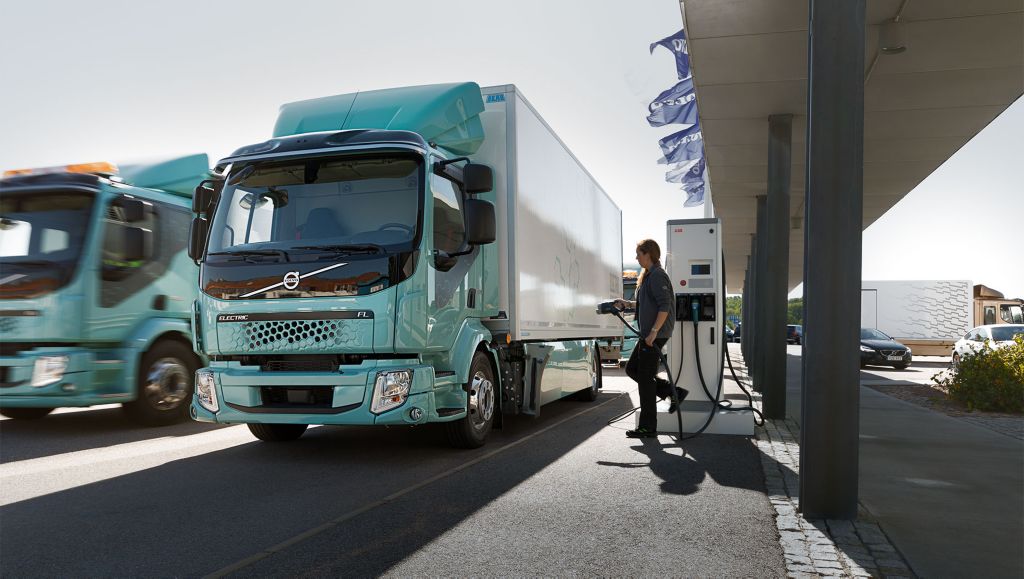What you need to know about an electric truck’s range


For a 4x2 tractor with an average weight of 30 tonnes the range is approximately 300 km. However, depending on specification and application the range can be considerably longer as it is influenced by many factors.
Poor weather such as rain, cold temperatures, and strong headwinds, will increase the energy consumption and therefore shorten the vehicle’s range – just in the same way these conditions would increase fuel consumption in a conventional diesel-powered Vehicle.
In urban and regional environments, a well-trained driver can consume around 20 percent less energy than a poorly trained driver. The optimal driving technique is good anticipation with minimal braking and accelerating – much the same as a conventional diesel-powered vehicle. The most significant difference is that with an electric truck, smooth braking is even more important since the energy is being recuperated and stored in the vehicle’s battery, which extends the range.
The kinetic energy from the vehicle’s motion is recuperated and used to recharge the battery. This will help extend the range.
The vehicle’s bodywork could have a significant impact if it uses energy from the truck batteries. For example, a concrete mixer will consume far more energy than a dry box. The vehicle’s weight will also have a significant impact, as well as the road topography – much the same way it does with a conventional diesel truck.
The energy consumption while not driving is limited – unless the driveline is also powering high energy consuming functions, such as concrete mixers.
No, the vast majority of the energy stored in the battery is used for propulsion. The energy consumption from auxiliary systems such as heating, cooling, pumps, or any other consumer appliance is minor in relation to what is consumed for propulsion. For example, a smartphone contains far less than 0.01 kilowatt hours of energy, while over 500 kWh can be stored onboard.
The energy status of the battery can be tracked on the dashboard and remotely at all times, but if it does approach zero, the driver is notified and the available power will be reduced which will influence drivability.